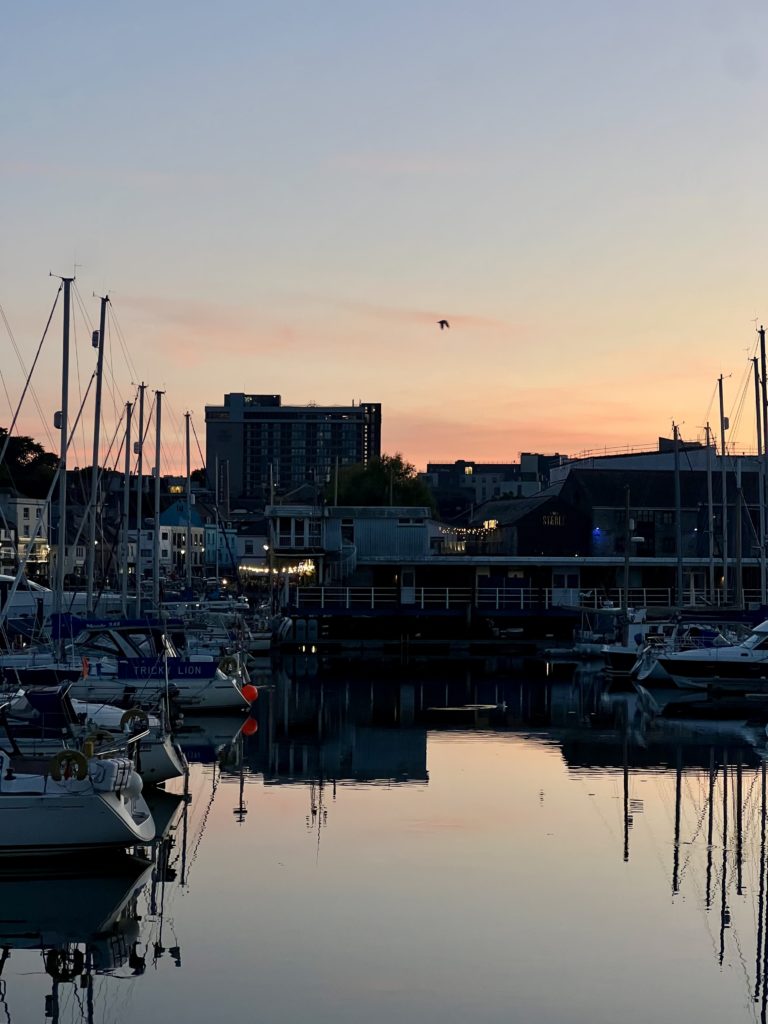Hi guys! My name is Abi and I’m a postgraduate student about to wrap up my MSc in Island Biodiversity and Conservation! Today I want to share my experience with shifting from the taught segment of the course into the dissertation part, just in case it is useful advice for any prospective students, or comfort for current ones!
The taught segment of my Masters officially ended in May, after a field trip to Tenerife, but the bulk of the structured content stopped around April. I also had quite a big shift geographically, as I moved from Jersey to Plymouth to complete my dissertation. While moving cities might not be everyone’s situation, it’s a reality for some who might be doing placements, years abroad, or working with new supervisors and labs. And even if you stay in the same place, the transition from a structured academic life to a more open-ended research project is a huge change.
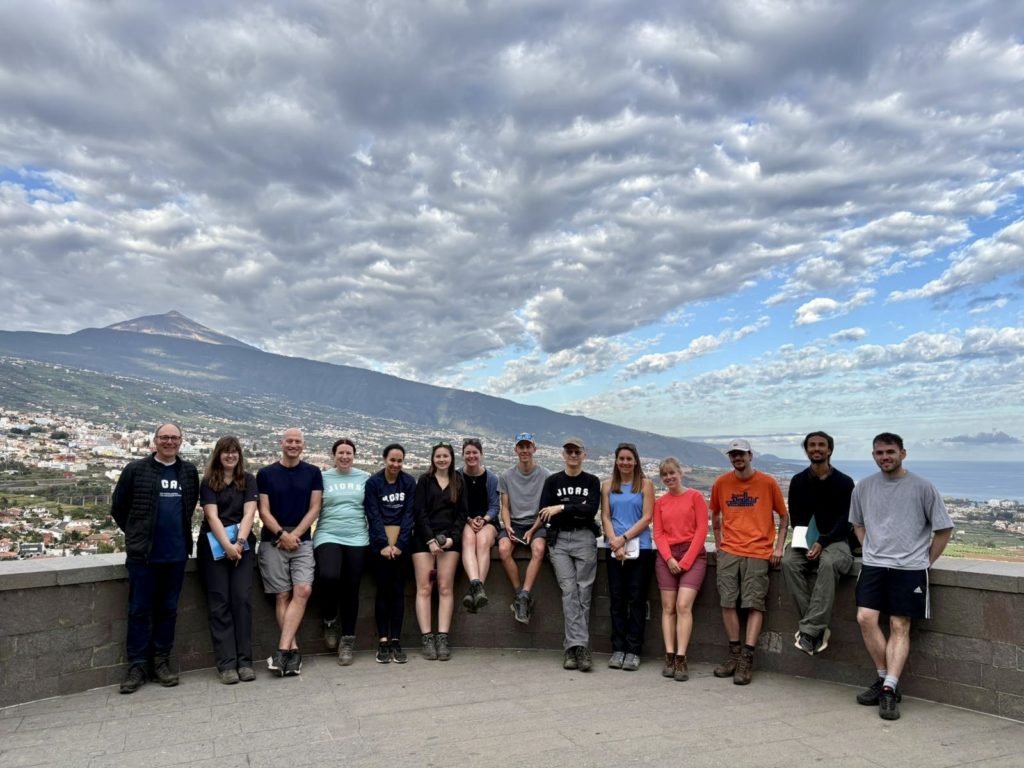
This phase can be really difficult. It’s a period of growth and adjustment, and while it’s full of opportunity, it can also feel overwhelming. After nearly four years of lectures (if you’ve come straight from undergrad), sitting alone with a blank page and a three-month deadline for an independent project is a jarring change. I found the first month tough, but now I’m learning to enjoy the process. Here are a few things I’ve noticed about this part of the degree, and what’s helped me get through it.
Losing the timetable:
One of the most noticeable changes is the loss of structure. During the taught part of the MSc, your weeks are built around classes, deadlines, seminars, labs, and maybe a part-time job. There’s always something on the calendar and someone expecting something from you.
Then suddenly, that all disappears. You go from days filled with activities to a summer stretching ahead with just one big deadline. It sounds dreamy, and in some ways it is, but it also makes it harder to stay productive. Without mini deadlines, you have to create your own markers of progress. I found myself putting things off, not always just because they were hard, but because nothing was making me do them.
What helped? I started treating my dissertation like a 9-to-5 job. I go to the lab or a library at a set time each morning, even if I don’t feel like it. The lab that I am doing my dissertation in is in Exeter, so it’s a bit of a commute, but this means that once I am there, there is the added motivation to make use of the time so that I don’t feel like I have wasted the trip!
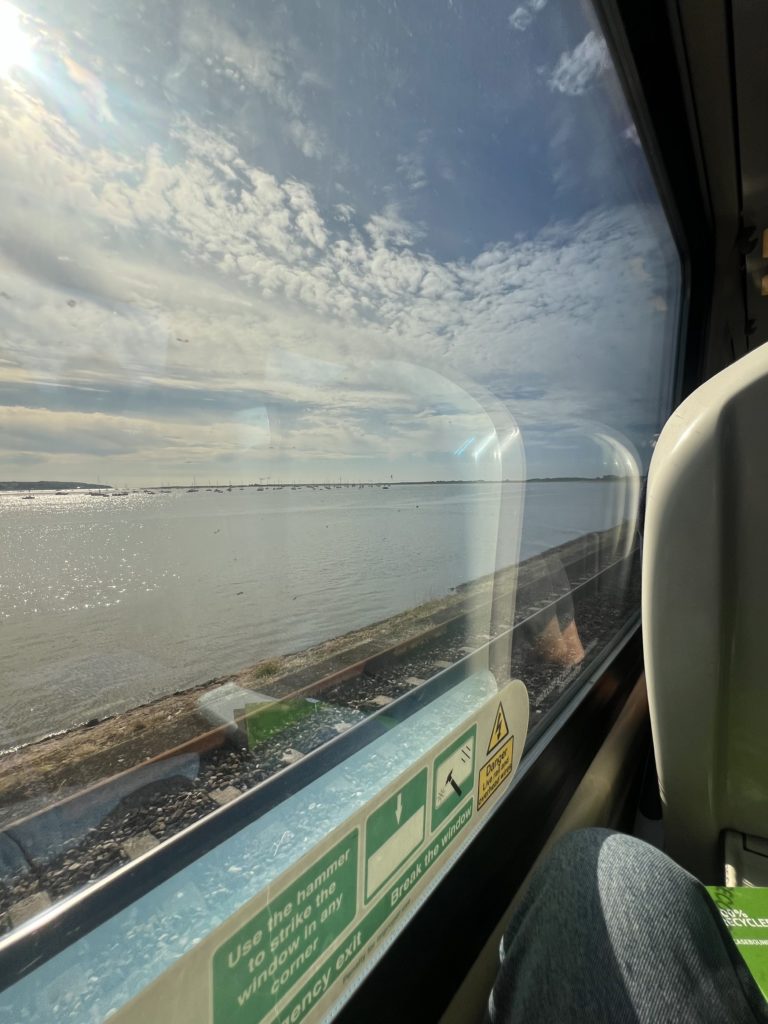
To be honest I thought the commute would be exhausting but I enjoy the separation of lab days and write-up/lit review days. I try to structure my weeks so that I am in the lab (Exeter) Monday-Wednesday, and I stay in Plymouth Thursday-Sunday. This means I get the end of the week to analyse results, read, write, and plan for the next week. Your journey might not be as long, but creating a schedule like this that works for me has really helped me feel less unmoored.
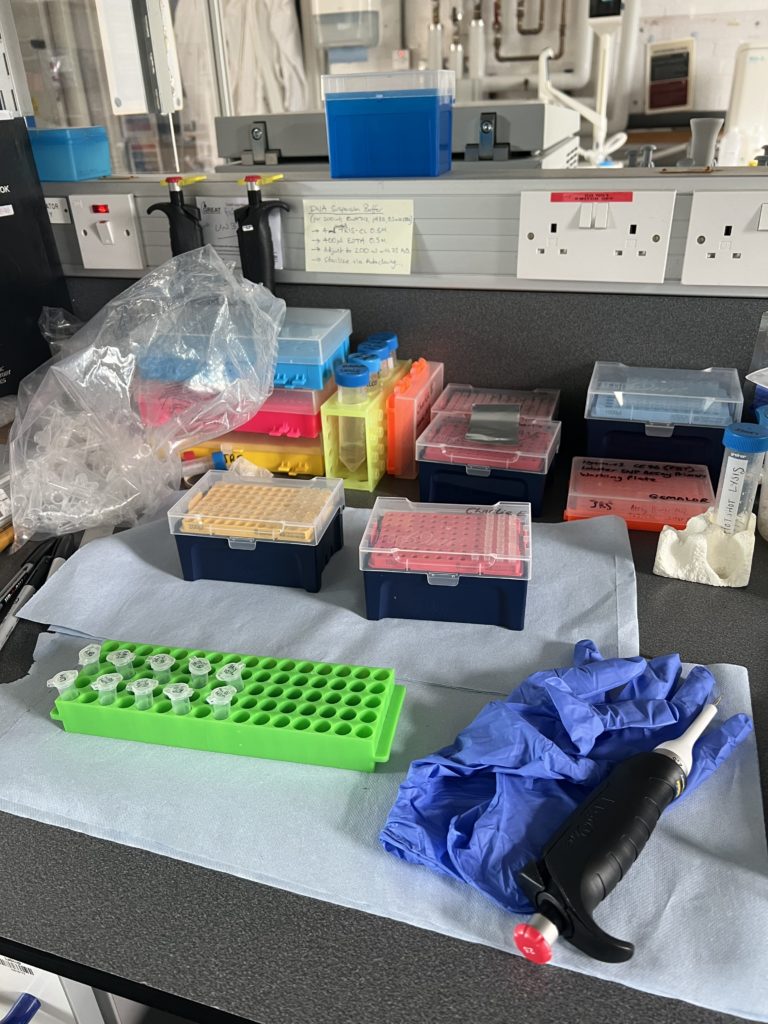
I also set weekly goals (that work with my weekly structure) rather than daily ones to give myself a bit of flexibility, and I reward progress with something simple like a sea swim, a nice lunch, or just dinner at a friend’s house. Finding what mimics the rhythm of term time (without trying to fully replicate it) really helped me transition.
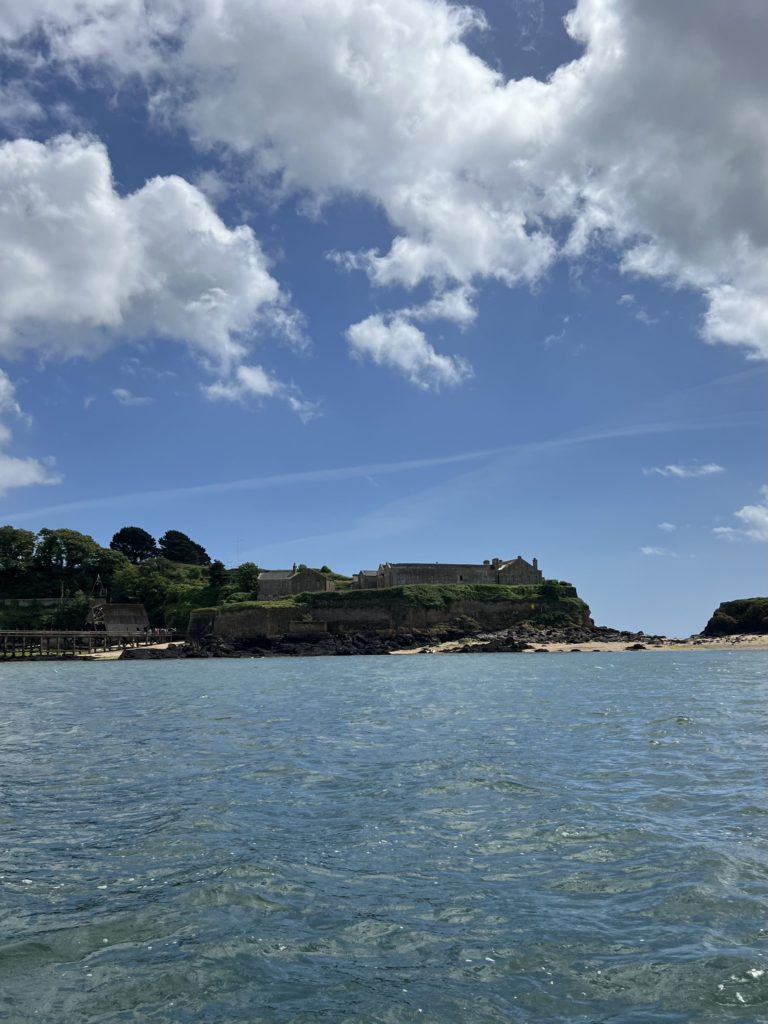
The shift to solo work:
Another huge change is how much more alone you are in this phase. During the taught part of the course, you’re constantly surrounded by people. You’re all working on the same assignments, panicking about the same deadlines, and complaining about the same things. There’s a camaraderie in shared struggle, you feel like you’re all in it together.
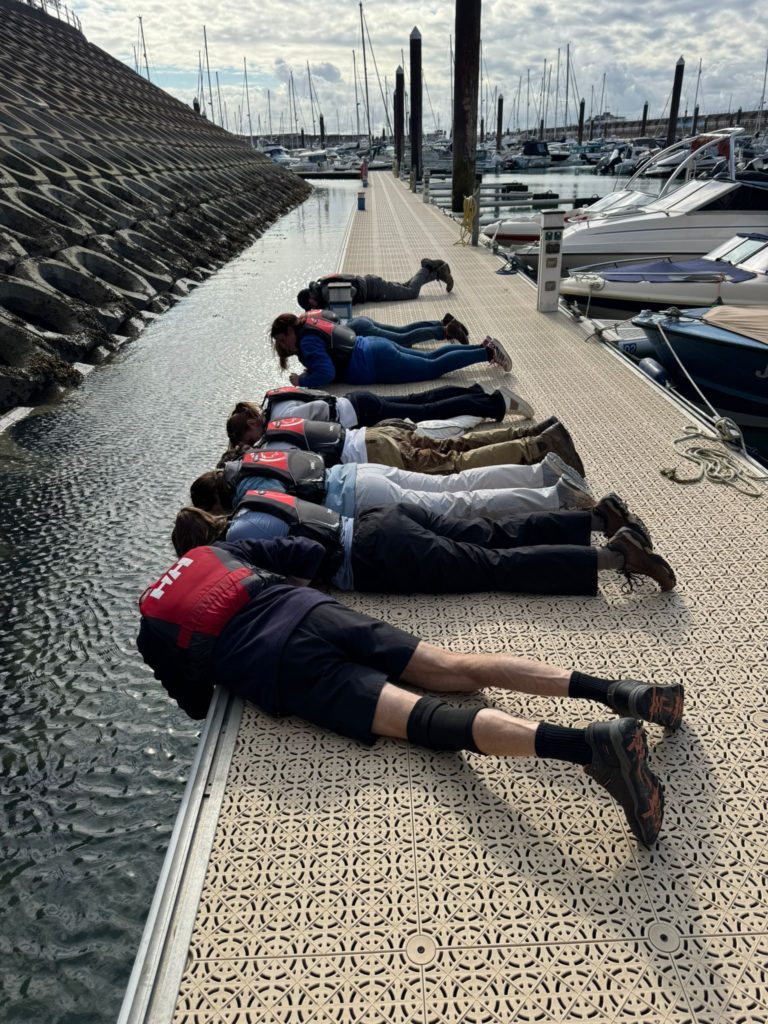
Now, everyone is working on their own project. You might not be in the same city anymore. You might not be on campus. Some of your coursemates might be in the field; others might be deep in data analysis. And because your projects are so specific, it can be hard to talk about them with friends who aren’t in the same niche. It can feel isolating.
But there’s an upside. This is your project. It’s entirely yours to be proud of. You become the expert in that little corner of your subject, and there’s something empowering about that. Once I got over the initial loneliness, I started to see how much I was growing. I miss the group-vibe, but I’m creating something different but equally good with a new season.
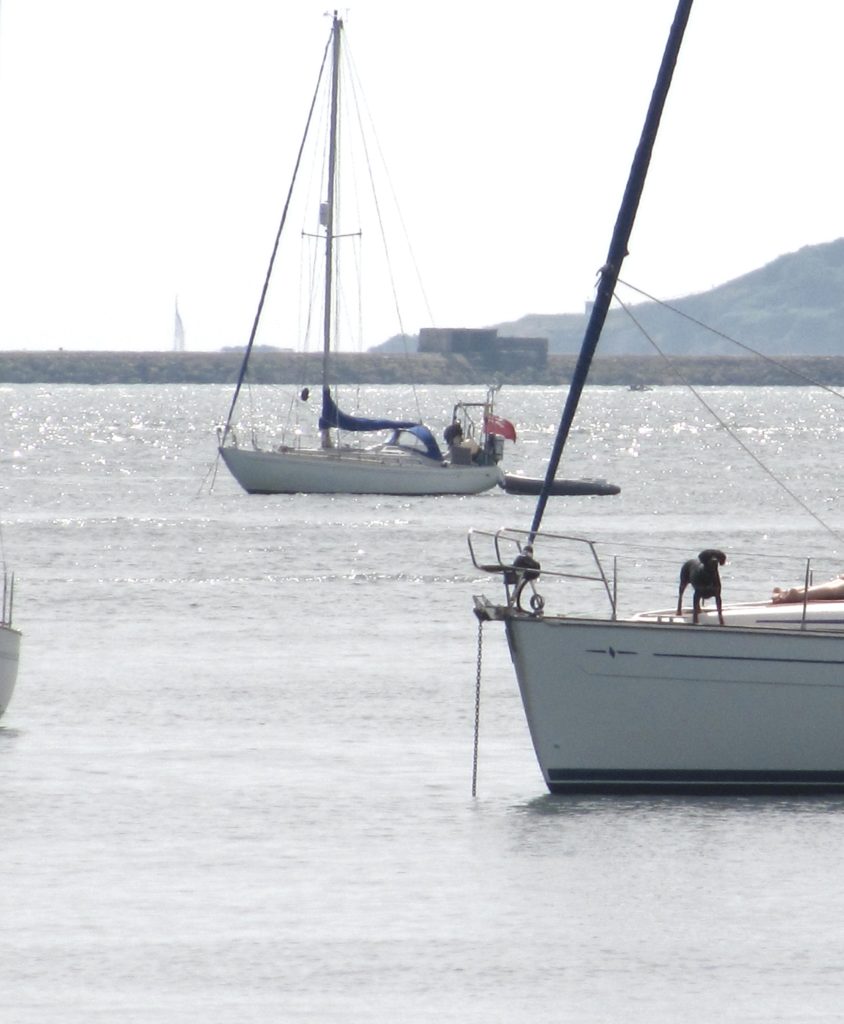
I think it’s so important when it starts to feel heavy to remind yourself that life is bigger than your dissertation. I was definitely known for walking around my uni house in Jersey ranting about how “there was more to life than this Masters”. Your education is important, but it (and you) will start to suffer if it becomes the only thing you focus on! It really helps to talk to people who are either not at uni or have already been through it (sometimes a very long time ago). I can be known to take this too literally when the sun comes out, but the schedule I talked about in the last section always sucks me back in eventually (another good reason to have one!)
Coursemates diverging:
One of the weirdest emotional shifts comes when your coursemates start progressing at very different rates. During the taught part, you’re mostly all moving in sync. Now, everyone’s on their own timeline. Some seem to be steaming ahead, while others are going slower.
It can be frustrating, especially when you’re in a slump and someone else is flying. Or when someone complains they’re behind, and they’re still ahead of you. It’s easy to fall into the trap of comparison, but it’s not helpful. Everyone’s project is different, and progress isn’t linear.
The best advice I can give here is: keep your eyes on your own page. Check in with people who make you feel supported, not judged. Celebrate other people’s wins without letting them diminish your own progress. This part of the course teaches you how to trust your own pace and to respect your limits. It’s a lesson in academic independence and emotional maturity.
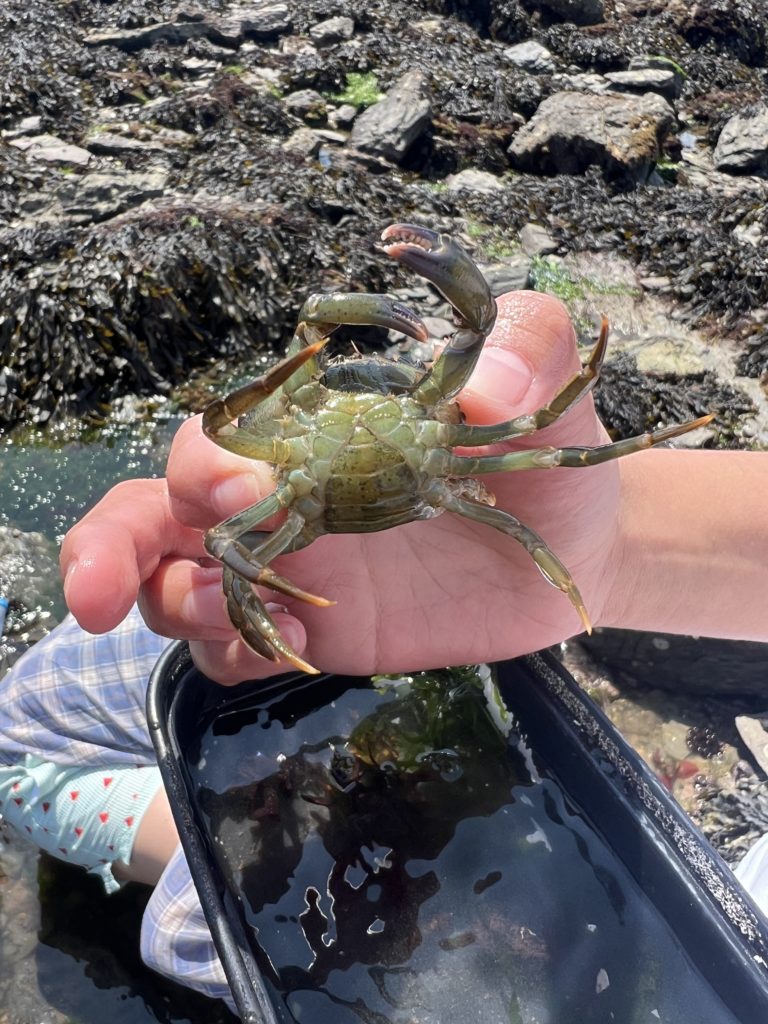
Growth and resilience:
Every day so far I have felt like I’ve been in a different place with my dissertation. Some days it feels like I’m never going to finish it and I’ll still be sat writing it on Christmas Day, other days it feels like I could write 10,000 words in one morning. You just sort of have to roll with it, and appreciate that everybody else probably feels the same at some point. It’s just unlikely that your ‘growth spurts’ are going to come at the same time. This part really builds resilience, not just through success, but by pushing through the messy middle bits.
There’s also a confidence that comes from working on something long-term and making it your own. I’ve definitely had to fake it until I make it some days, but I’ve learned that confidence doesn’t mean knowing everything. It just means believing you can figure things out. One of my other favourite mantras is “I am capable of hard things”. Just because it feels difficult doesn’t mean you can’t do it.
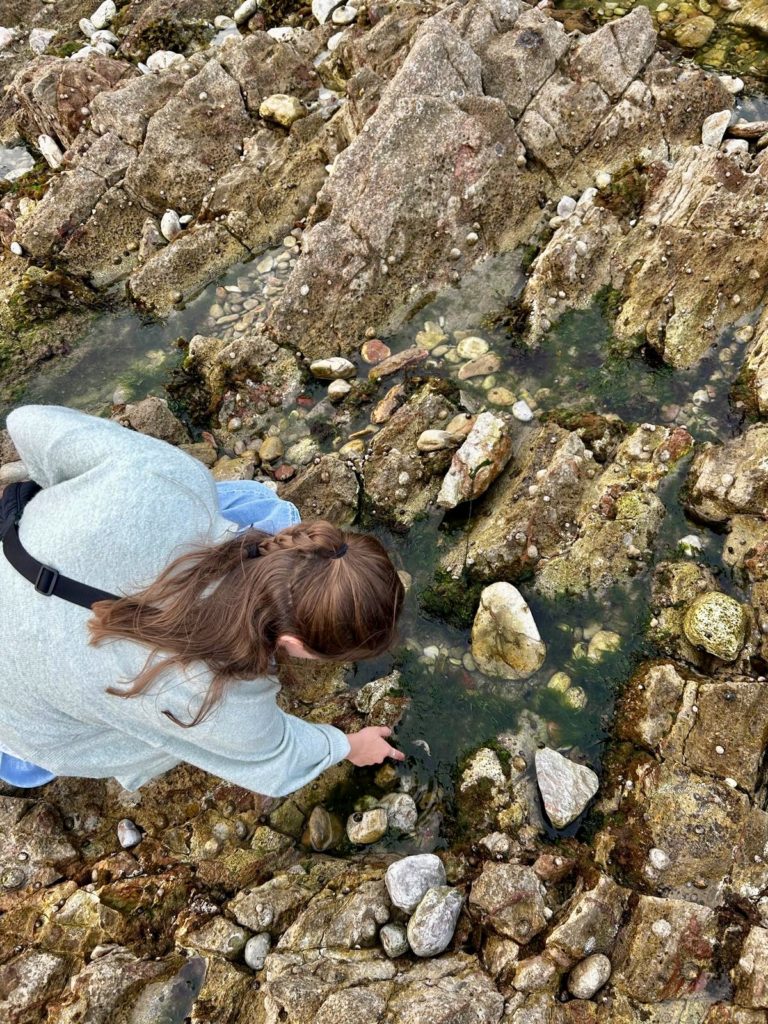
It’s going to go up and down, it will not be a straight climb to the deadline
Advice:
In summary, here are a few of my top tips that have helped me, or that I wish I’d known at the start. I do think that a certain amount of this has to be learned through experience, but it might help to hear early on!
- Create a loose structure. You don’t need a strict timetable, but having a weekly plan helps. Try blocking out writing days, data days, and admin days.
- Use mini-deadlines. Break your dissertation into chunks: finish the intro by X date, get results written up by Y. Even if they’re self-imposed, they help keep things moving.
- Stay socially connected. Don’t wait for friends to reach out, organise co-working sessions, check-in chats, or coffee breaks. But also make sure you do things with your friends that aren’t work related! Even if it’s just watching a film.
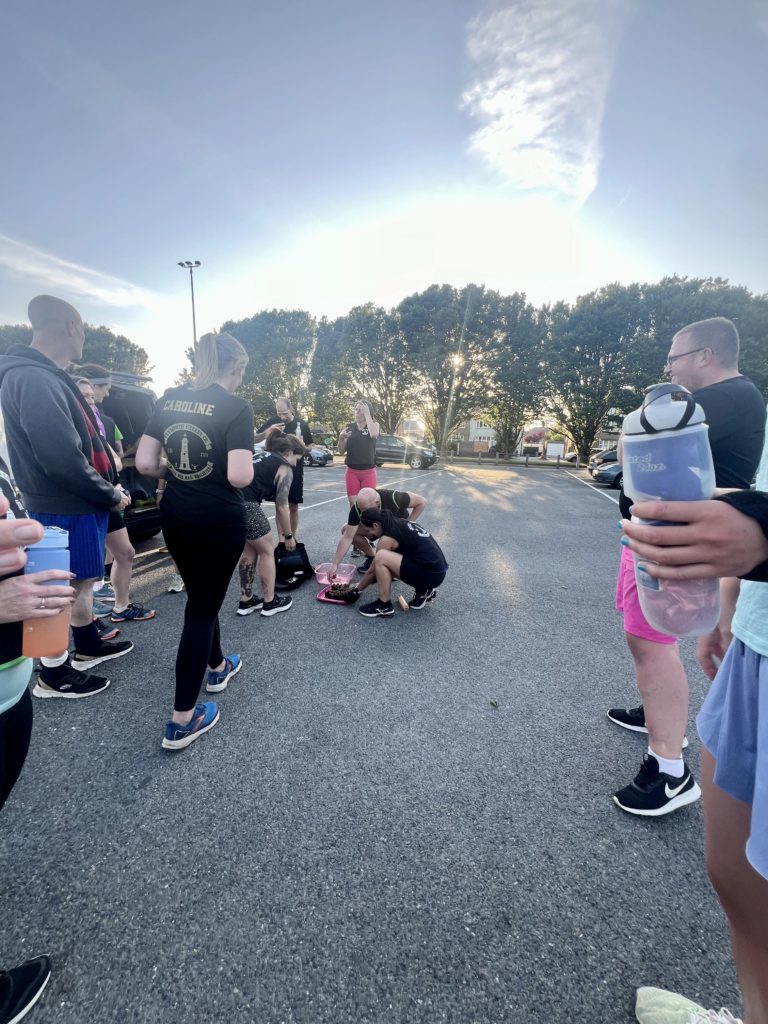
- Talk to your supervisor. If you’re stuck or uncertain, ask. They’re there to guide you, and chances are they’ve seen it all before. If you don’t ask, they will probably just assume you’re fine!
- Don’t compare timelines. Everyone works differently. Trust your process.
- Find joy in the project. Find little parts that excite or interest you, especially on hard days. Falling down a rabbit hole about one niche bit of your dissertation is still progress even if doesn’t feel like it, because it keeps you engaged and reminds you why you chose the topic. I spent an entire day reading about one fish species because it fascinated me. I didn’t need to know any of it, but at least I was in the right subject area!
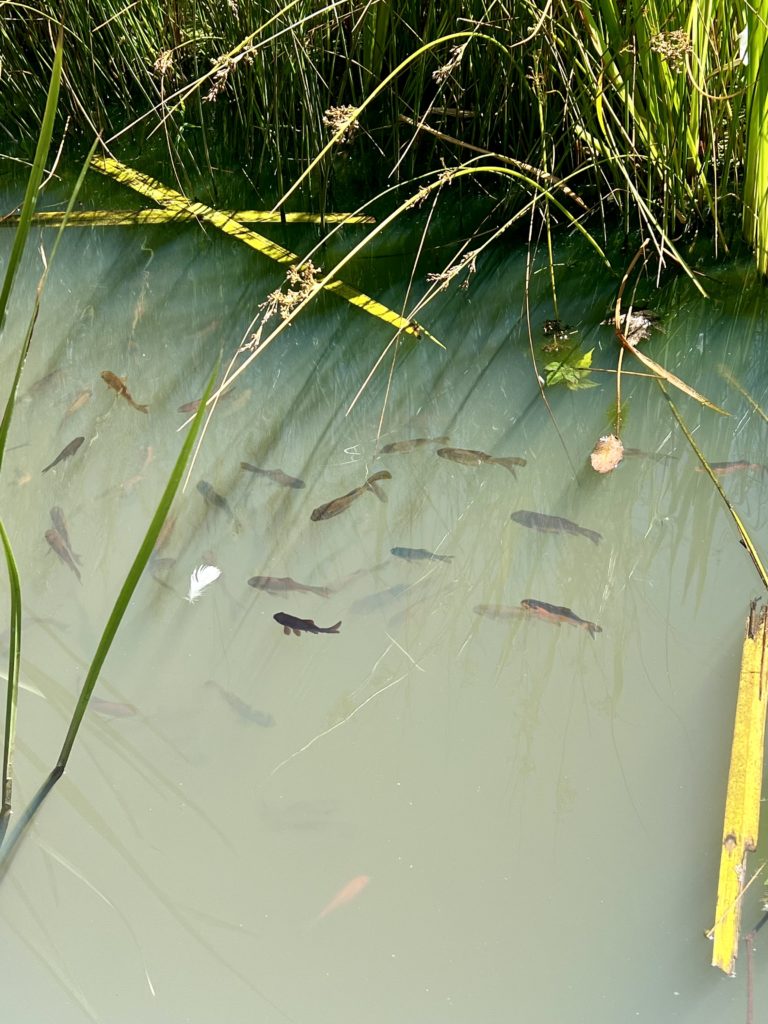
- One of my favourites: take on a side project! Do not let your dissertation consume you. It doesn’t have to be anything big if you don’t feel like you have the time, but taking on another small project gives you something to focus on when you get stuck with your diss (and something else to think about when you’re trying to sleep at night!) If you aren’t careful, you’ll live and breathe your diss and it will be too much.
- Take real breaks. Rest is productive. A walk, a swim, or even a weekend away can recharge your brain more than you expect.
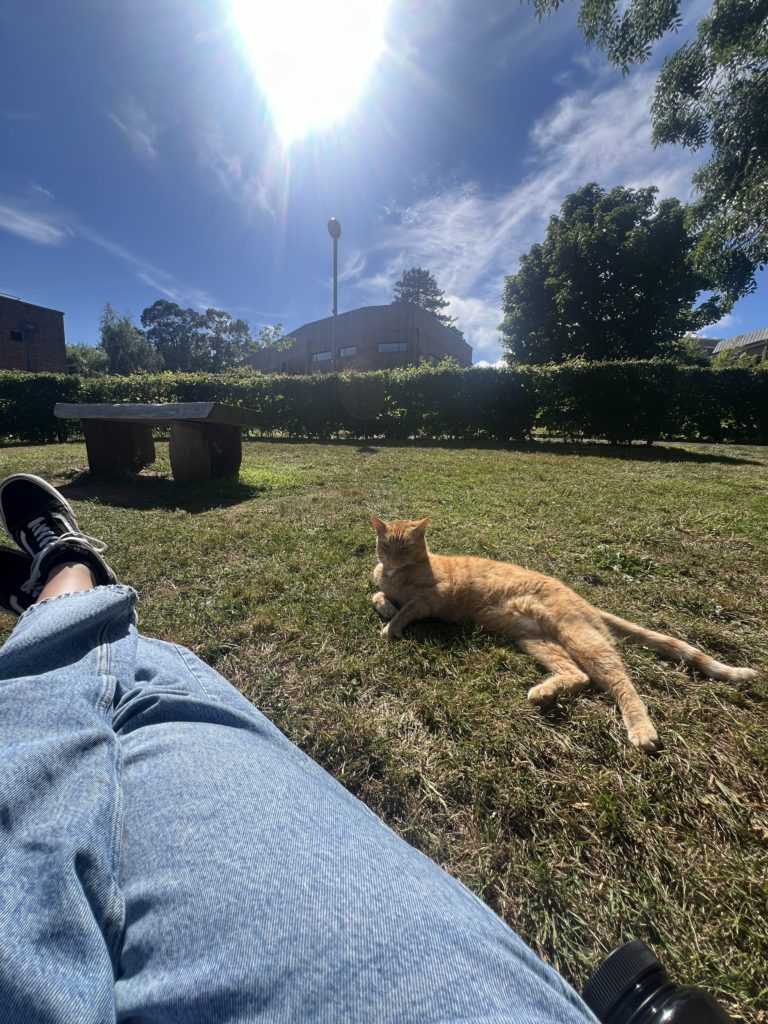
To conclude:
The transition from taught MSc to dissertation mode is a huge shift, but it’s also where the real growth happens. It teaches you how to manage your time, trust your judgment, and navigate independent work; skills that are useful far beyond academia. I think it also helps you to transition from academia to life after uni.
If you’re feeling unmoored or overwhelmed, you’re not alone. It’s a weird, intense, rewarding phase of the degree, and you’re doing better than you think. Be kind to yourself, keep showing up, and know that it will all come together in the end. Good luck, and you’ve got this!
And if you’re reading this because you’re thinking about doing a Masters, don’t let this bit put you off! It’s quieter and definitely feels strange after the busy rush of uni lectures, but once you adapt it’ll be worth it!
